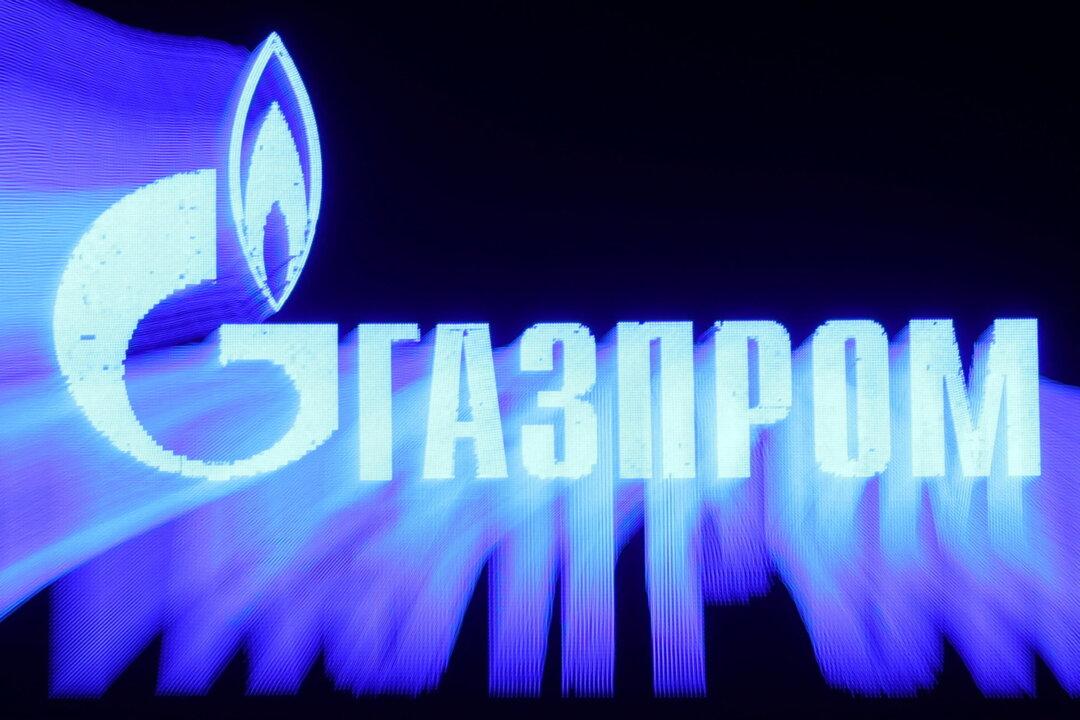OSLO, Norway—Russian gas deliveries to Europe via the Yamal-Europe pipeline reversed direction to flow from Germany to Poland on Thursday morning and supplies via Ukraine also eased, all in line with requests from customers.
Gas flows switched to an eastward direction into Poland at the Mallnow metering point on the German-Polish border on Thursday morning after flowing westward overnight, data from pipeline operator Gascade showed.





